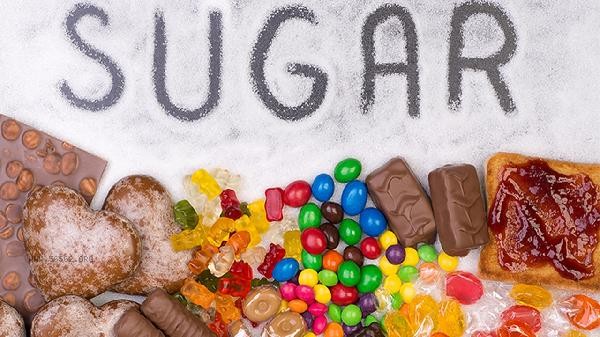Whether eating chocolate can increase weight depends on the intake and overall dietary structure. Moderate consumption of chocolate usually does not directly lead to significant weight gain, but long-term excessive intake may cause weight gain due to excess calories. Chocolate mainly contains cocoa butter, sugar, and a small amount of protein. Its high calorie density may become a risk factor for obesity if not properly controlled. Dark chocolate has a high cocoa content and low sugar content, with about 500-600 calories per 100 grams. Its monounsaturated fatty acids and antioxidants have certain benefits for cardiovascular health. Milk chocolate usually has higher calories due to the addition of dairy products and sugar, reaching 550-650 calories per 100 grams. Frequent consumption can easily cause calorie accumulation. White chocolate does not contain cocoa solids and is mainly composed of cocoa butter and sugar. It has similar calories as milk chocolate but lower nutritional value. Choosing dark chocolate with a cocoa content of over 70% and controlling a single intake of 20-30 grams can satisfy cravings while avoiding excessive calorie intake. Eating with nuts or fruits can delay sugar absorption and reduce blood sugar fluctuations.

Cocoa butter chocolate contains trans fatty acids, and long-term intake may interfere with normal metabolism and increase the risk of visceral fat accumulation. Eating a large amount of chocolate within two hours before bedtime may affect leptin secretion and interfere with the process of fat breakdown. People with insulin resistance or metabolic syndrome should strictly limit their intake frequency, and it is recommended not to exceed twice a week. Chocolate cakes, ice cream and other derivative products usually contain additional sugar and cream, with a unit calorie content of 1.5-2 times that of regular chocolate. They should be avoided as regular snacks as much as possible.

To maintain weight, attention should be paid to the balance between total intake and consumption throughout the day, and chocolate can be included in the daily snack quota of about 200 kcal. Moderate consumption of sugary chocolate within 30 minutes after exercise can help quickly replenish muscle glycogen, but it is recommended to prioritize pairing with sugar free yogurt or whole wheat bread for daily use. Develop the habit of checking the nutrition chart and pay attention to the actual serving size of each chocolate. The daily chocolate intake of children and adolescents should be controlled below 15 grams to avoid affecting their appetite for meals and dental health. If you need to gain weight through diet, it is recommended to replace some chocolate intake with high nutrient density foods such as nut butter and avocado.









Comments (0)
Leave a Comment
No comments yet
Be the first to share your thoughts!